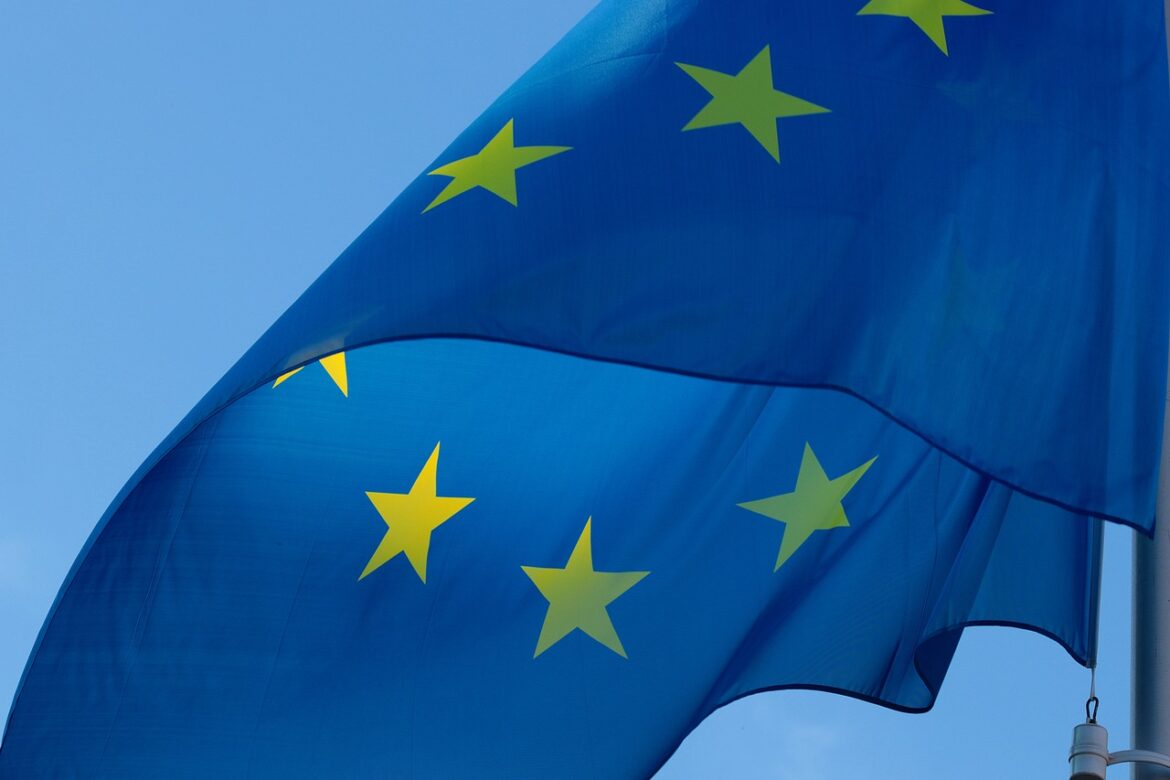From fast fashion brands claiming circularity to food companies throwing around terms like ‘climate-friendly’ meat, greenwashing is everywhere. And while a recent KPMG survey found that half of UK consumers are ready to boycott greenwashing brands, many struggle to navigate sustainability labels and spot greenwashing.
Aimed at ending the deception, last week, the European Parliament and Council reached a provisional agreement on new rules that would ban “misleading” advertisements and provide consumers with better product information.
Consumers, green claims and climate change
As climate change awareness grows and people learn more about how their purchasing and behaviour habits affect the planet, sustainability is increasingly a priority – so much so that many are now willing to pay more for products that are sustainable.
And when sustainability sells, and companies want to drive up profits without actually greening their operations, the planet suffers, and consumers get fooled.
Last year, a survey by The Harris Poll for Google Cloud found that, of the 1,491 executives it surveyed from across the world, 58% admitted their companies were guilty of greenwashing. The percentage of those actually measuring their sustainability efforts? A mere 36 per cent.
Greenwashing permeates all sectors, too, with fashion a particular culprit. A recent Greenpeace report, for example, found that a number of fashion brands’ ‘sustainability collections’ were in the so-called “greenwash danger zone,” including H&M Conscious and Zara Join Life. Brands were found to be pulling the wool over consumers’ eyes by making misleading circularity claims, including false certifications, and dubbing materials ‘sustainable’ or ‘responsible’ when they were only “slightly better”.
Of course, the food and drink sector is also well-known for employing greenwashing tactics, and a recent report by Changing Markets found that it’s actually “rampant.” The report highlighted a number of food and beverage giants for their underhanded marketing activities. This included Nestle for its “questionable” carbon-neutral claims on its Nespresso and KitKat brands, Danish Crown labelling its pork products “climate controlled,” and Fonterra for its carbon-zero milk claims.
And, against a backdrop of brands making unsubstantiated claims about carbon neutrality and ‘planet-friendly’ products, the research found that, in the UK, 42% of consumers were “more likely” to buy a product with a ‘carbon neutral’ label, and in some cases, pay more for them. But, the new rules aim to spell the end for brands misleading consumers with greenwashing tricks.
A clampdown on deception and manipulation
So, what’s included in the new rules and will it redefine the way companies operate?
The updated rules will prohibit a number of different practices. This includes a ban on the kinds of generic environmental claims that have become so common, such as “eco” and “climate neutral,” without demonstrating “recognised excellent environmental performance relevant to the claim.”
It will also put an end to companies claiming their products have a “neutral, reduced or positive impact on the environment,” based on emissions offsetting schemes. Likewise, sustainability labels that are not based on approved certification schemes, or established by public authorities, will also get the chop.
In addition to curbing generic and misleading terminology, the rules also extend to durability claims. For example, companies will no longer be able to make durability claims in terms of usage time or intensity under normal conditions, if it’s not proven. Prompts to replace consumables earlier than necessary are also included, as is presenting goods as repairable when they’re not.
Software updates are also covered under the new rules, which proscribe presenting them as necessary, even if they only enhance functionality features.
Going forward, guarantee information will also have to be more visible, and the Commission will be designing an extended guarantee label.
The deal now needs to get the green light from both the Parliament and the Council, with MEPs expected to vote on the provisional deal in November. If it goes through, member states will have 24 months to incorporate the new rules into their law – meaning they will likely come into effect by 2026.
No more kicking the can
Ultimately, the new rules aim to ensure that there’s no grey area on green claims, providing companies with a clear line in the sand when it comes to compliance. Of course, aside from the sectors where greenwashing practices are prevalent, the rules also have big implications for carbon offsetting.
There’s no denying that carbon offsetting has fallen out of favour in recent years, following a number of high-profile controversies. And the wealth of criticism it’s facing is, in most cases, well-founded.
As Carbon Brief notes, the industry is largely unregulated, and having recently drawn together reports on the global impacts of carbon-offset projects, the picture looks grim. A total of 70% of the reports that it examined, for example, found evidence of them causing harm to Indigenous peoples and local communities. Nearly half (47%) of the reports, meanwhile, found evidence that projects overstated their ability to reduce emissions.
Elsewhere, analysis by Corporate Accountability and the Guardian found that 78% of the top 50 emission offset projects were categorised as “likely junk or worthless.”
Rather shockingly, it highlighted that $1.16bn (£937m) of carbon credits have been traded so far from these projects.
If the deal goes through in November, companies will no longer be able to rely on offsetting to green their name. But, more broadly, the rules could also be the catalyst for companies pursuing genuine sustainability certification, innovating to achieve the results they claimed to have before, and could usher in the adoption of better business and sustainability practices beyond the EU. Indeed, as the Middle East moves toward more convergence with global sustainability standards, especially regarding ESG disclosure metrics, could the Middle East be next on the list to pursue greenwashing regulations?




